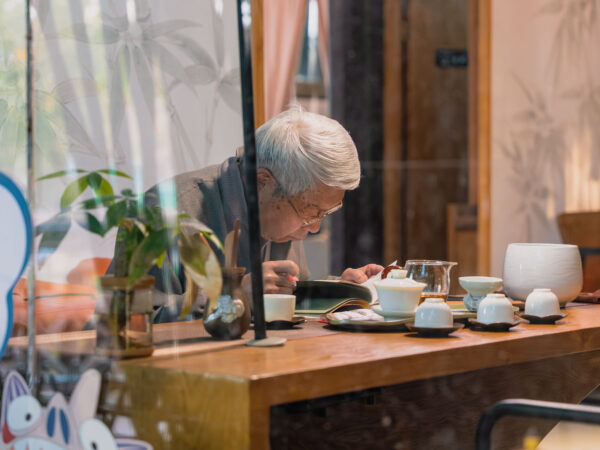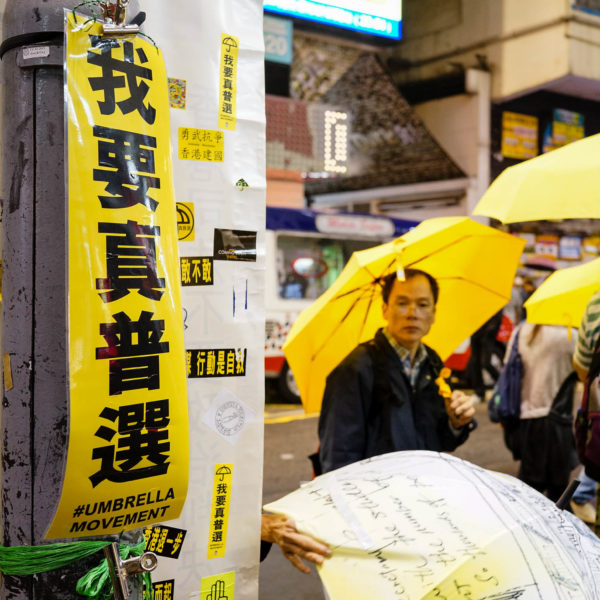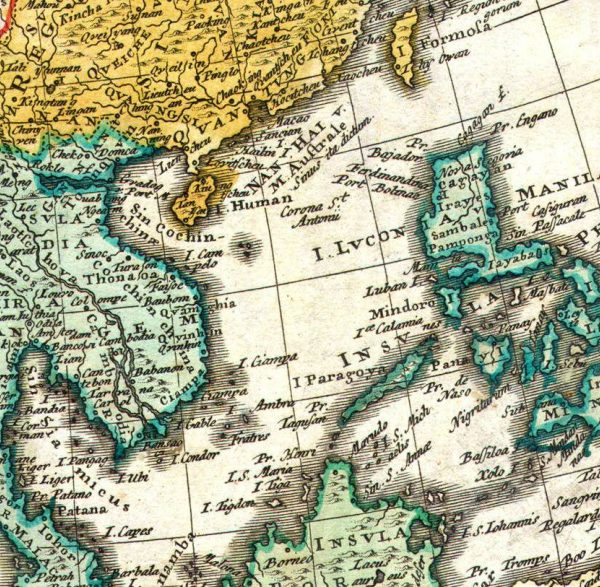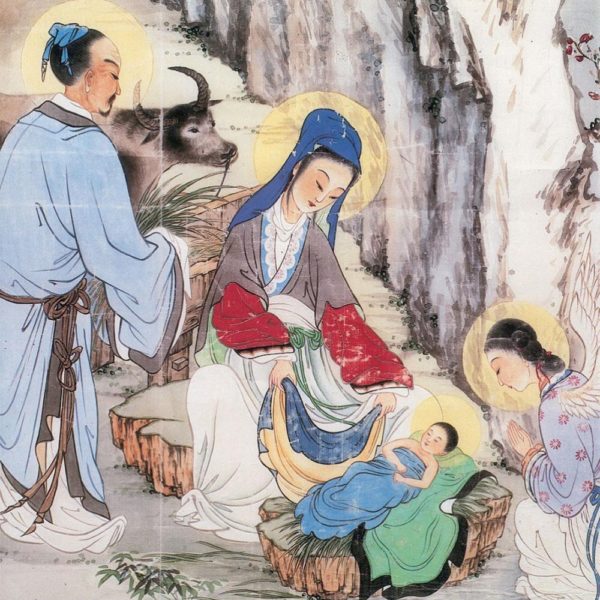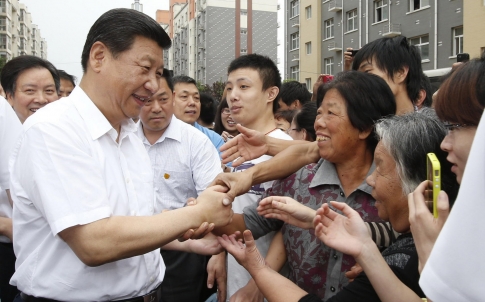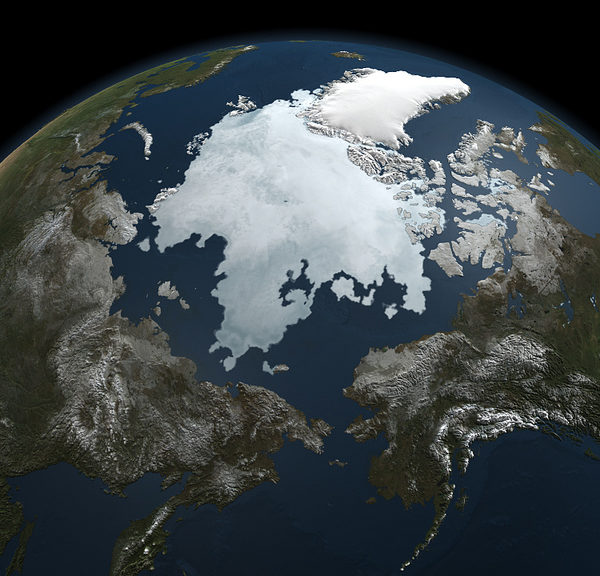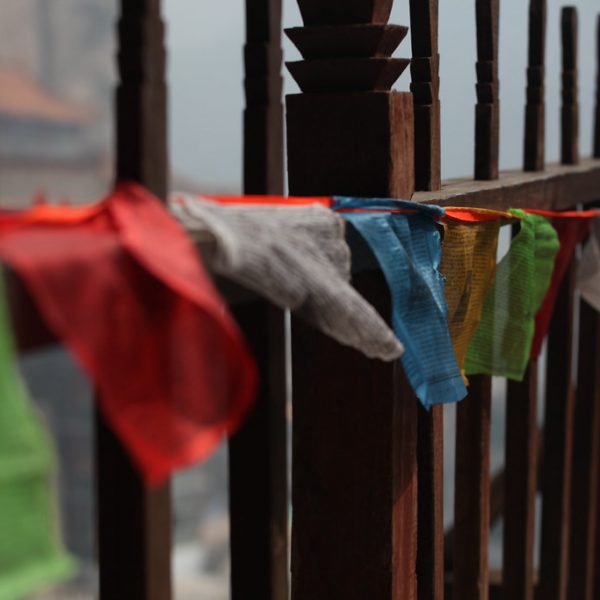
The reader should take away from this special issue the sense that the basic dichotomy of “the West” versus “China” needs to be reformulated. While the West has much to learn from listening to non-Western voices, the work of actually listening reveals that such sharp distinctions do more harm than good.

This special issue on “Human Dignity, Religion, and Rights in Contemporary China” features debates over religion and politics in China today. Political theology in China raises many questions that western readers will find familiar, but the Chinese context often requires different answers, so that gaining familiarity with the Chinese discussion can broaden our view of the available options at the intersection of religion and politics.
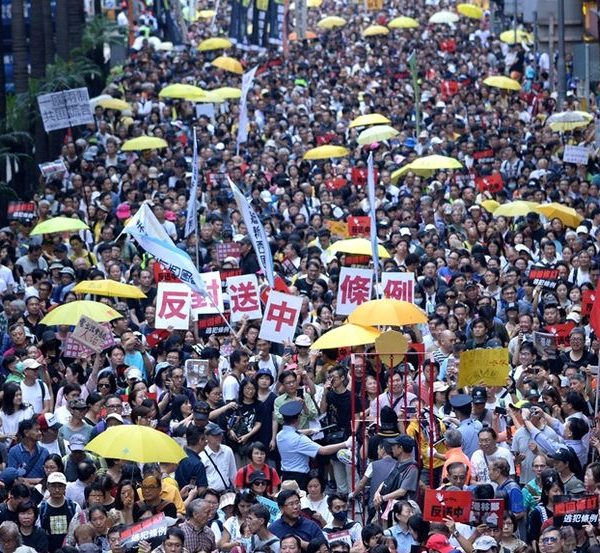
Christians in Hong Kong have found their public voice in protests against the Extradition Bill and their calls for human dignity.
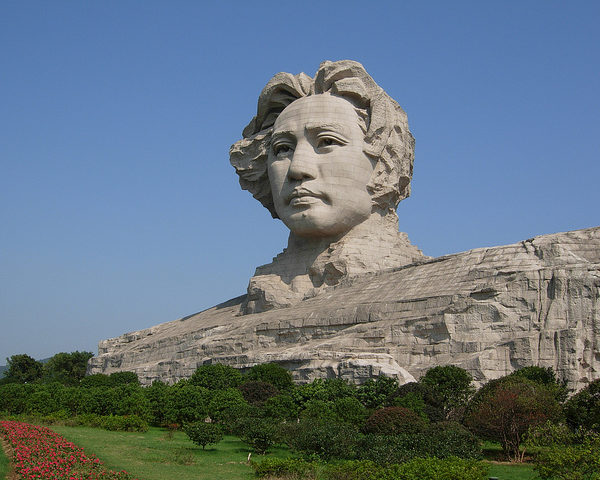
This is the first of a series of five articles on understanding China today. The articles cover politics, economics, culture and religion, since all of these are important for making some sense of what is happening. Each topic is approached from the Marxist tradition, for this is a key that is too often ignored. The
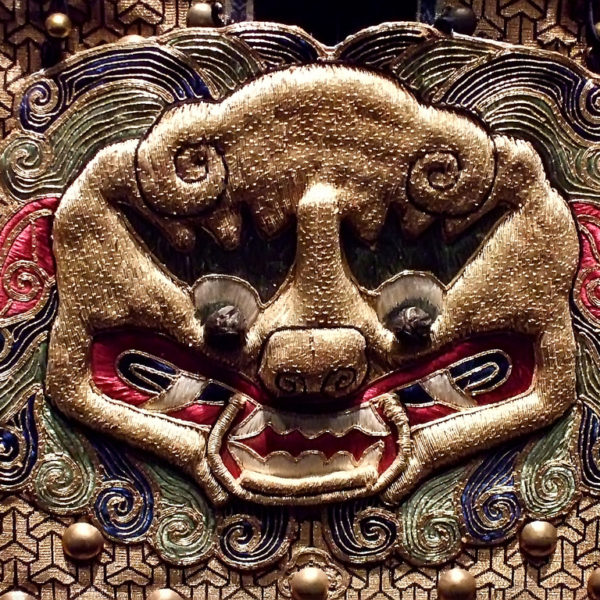
Is the Taiping Revolution (1850-1864) the moment when the revolutionary Christian tradition arrives in China? I suggest that it is precisely such a moment, for a number of reasons. These include a radical reinterpretation of the Bible, a thorough challenge to the underlying structures of existing power, a communistic way of life, and the development of a distinctly new religious form.
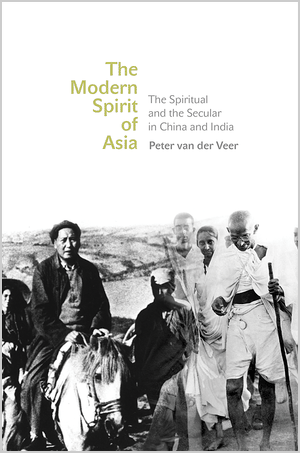
This is a book about India and China. It is about the ways in which these nation-forms, and the nationalist understandings of religion that have thereby developed, have been transformed by Western imperial modernity.
